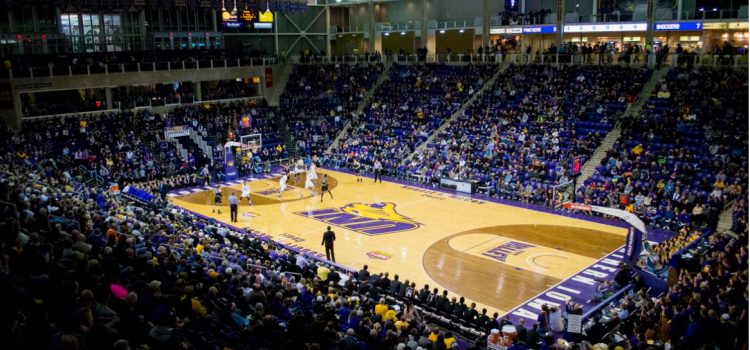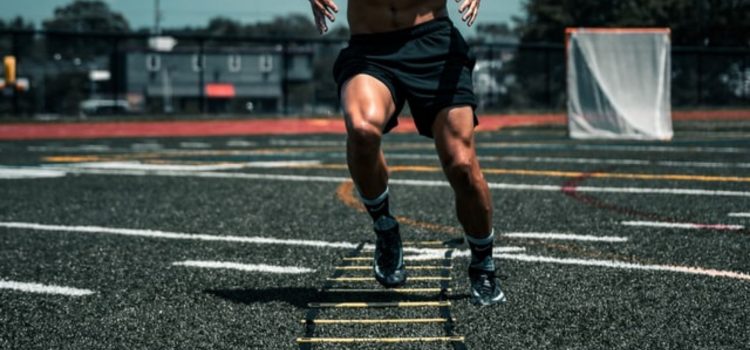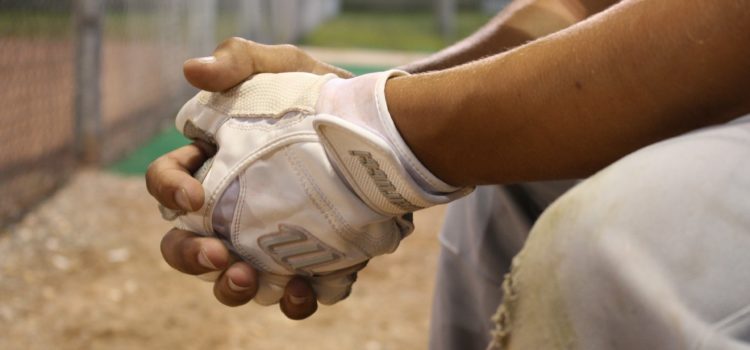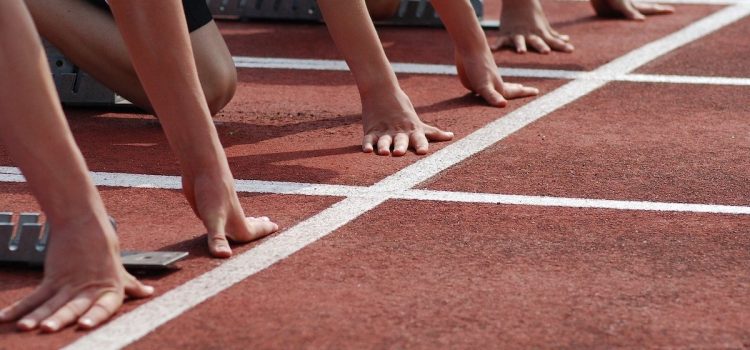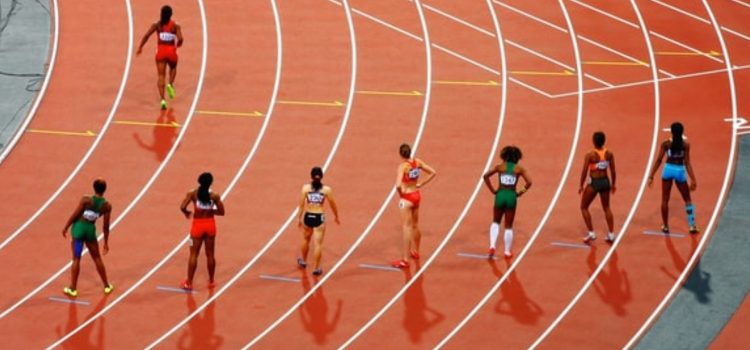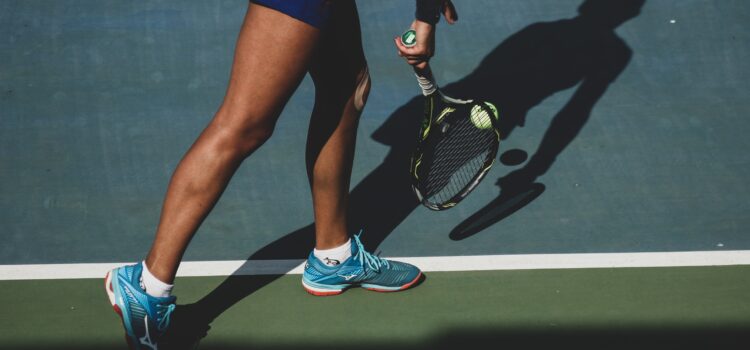Why is eyewitness testimony so unreliable? Is it possible to use leverage to get what you want—without taking unfair advantage of others? In The Great Mental Models Volume 2, Rhiannon Beaubien and Shane Parrish draw on models from science to help you figure out yourself and the world around you. They show how the theory of relativity can help you understand somebody you disagree with, and they explain how you can use leverage to get what you want in life. Keep reading to learn the importance of understanding others in a way that benefits everyone.
How Physics Teaches Us the Importance of Understanding Others


